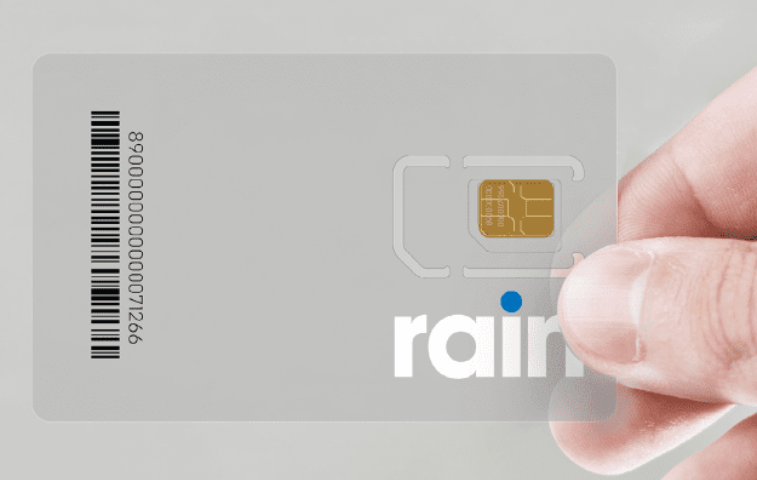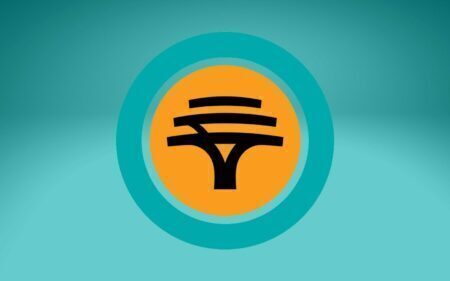In this technological age, it’s often the brash new startup that is the innovative firm which makes major breakthroughs or launches innovative new services. This is partly because they don’t have the legacy assets to sweat and mostly because they aren’t tied to the legacy way of doing things.
You couldn’t describe a mobile operator as a startup but in the case of data-only network, rain, they are certainly singing the disruptive startup melody. Having launched with a simplified data offering of R50 per Gigabyte (GB) a few years ago, they started offering arguably the best mobile broadband package in South Africa: R250 a month for uncapped internet. The only caveat was it was offered outside of peak times. Usually, that has been defined as basically the time when everyone was awake and off-peak offerings tended to be in the dead of night when they were less useful than advertised.
But rain, which has some pretty innovative founders in former bankers Paul Harris and Michael Jordaan, did something entirely different. It defined peak times as 6pm to 11pm. Apart from those five hours, everything else was off-peak.
It took a while for sceptical South Africans to realise this offer was for real and there were no hidden clauses. Apart from only being offered in the major urban cities, there are none.
Last week rain took their nimble startup reputation to the next level by becoming the first operator to launch a fifth-generation (5G) network in Africa. Currently only available in Joburg and Tshwane, it’s an important milestone for mobile communications but also an affirmation of the widely-held belief that real innovation doesn’t come from the incumbents (although Jordaan proved the opposite as CEO of FNB when he turned it into such an innovative, digital-first bank before resigning at the end of 2013).
Rain announced last week it would offer an uncapped 5G package for just R1,000 a month and was met with giddy applause by cheap-data-starved South Africans.
Don’t worry, Rain is retaining the R250/month offering for 4G customers, its effervescent chief marketing officer Khaya Dlanga told the FM.
The 5G network is being built by Huawei, the Chinese telecoms giant that is at the centre of the ugly trade war between the US and China. When the network was announced at the MWC Barcelona conference in February, Rain chairman Harris said it “gives Africa that opportunity to leapfrog in technology”. Indeed it does.
Although 5G remains controversial because of the trade dispute and US fears about potential Chinese spying, it is a cornerstone of the Fourth Industrial Revolution, which requires is super-fast connections and low latency for automated cars and other robotics. Harris says a “big tsunami will hit us when devices become available at the end of the year. 5G will promote economic growth in our country and it will promote it in the world”. Let’s hope so.
By not doing voice and making clever decisions, data-only Rain has also been able to use its existing 4G infrastructure, also provided by Huawei, putting it in a “unique” position, Rain Group CEO Willem Roos told the FM. Unique and timeous. The other operators should be watching closely or risk being disrupted themselves.
This column first appeared in Financial Mail




